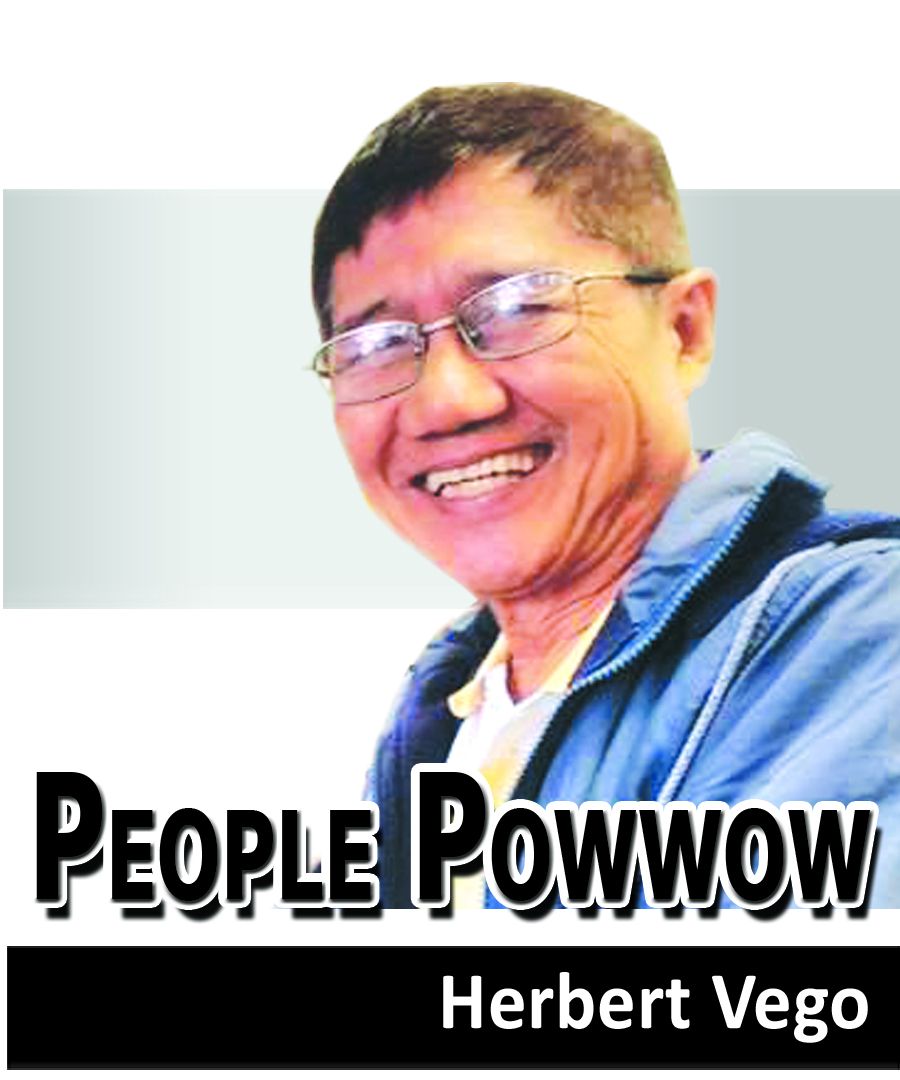 TWO DECADES ago, an octogenarian from Sebaste, Antique who had spent most of his life in the United States came home to write a book and asked me to edit the finished manuscript. The author Eugenio Galido has died. But my copy of his inch-thick book, Outcry for Change, occupies a place in my book shelf. I would like to paraphrase some of his thoughts.
TWO DECADES ago, an octogenarian from Sebaste, Antique who had spent most of his life in the United States came home to write a book and asked me to edit the finished manuscript. The author Eugenio Galido has died. But my copy of his inch-thick book, Outcry for Change, occupies a place in my book shelf. I would like to paraphrase some of his thoughts.
Galido wrote highly of Dr. Jose P. Rizal as “national hero and pride of the Malay race,” his forebears having descended largely from Malaysian, Indonesian and Bornean immigrants.
Today, however, it would already be anachronistic to refer to us Filipinos as Malayans. We have shed off most of our similarities with them – except our color and physique.
It’s only in Mindanao – with the prevailing Islam religion in some provinces – that our Malayan identification still prevails
In Outcry for Change, Galido opined that the shift from Spanish to American domination of the Philippines could not have transpired had Spain ruled justly in 333 years.
Rizal, who belonged to the last generation of Spanish-governed Filipinos, had warned that a sudden withdrawal of colonists could precipitate political instability reminiscent of what had transpired in Mexico.
Originally inhabited by the Mayas (an agricultural people), Mexico was already the site of an Aztec civilization boasting of giant stone pyramids when Spanish conquistador Hernando Cortes invaded it in 1519 to kick off three centuries of Spanish rule. By the time the natives declared independence in 1823, they had lost the ability for self-governance.
The Filipinos’ discontent with the Spanish governor-generals and the friars drove them to collaborate with the Americans.
In 1901, US President Warren Harding became wary of Emilio Aguinaldo, who had proclaimed himself first President of the Philippine Republic. He authorized Governor-General William Howard Taft to capture Aguinaldo, who fell in the hands of Col. Frederick Funston of the Kansas Volunteers to the Philippines.
Asked why they could not trust Aguinaldo, Funston replied, “He’s a would-be dictator presiding over a drunken and uncontrollable mob.”
“It was also the long-standing hatred of Filipinos against the land-grabbing Spanish clergy who exploited local peasants,” Galido wrote, “that moved Funston to play his role in the colonial war.”
Under American rule in 1901, the Philippine government bought most friar lands for the then princely sum of P14,474,000.00.
If history had not unfolded the way it did, what path could we have trodden?
What if we have retained our Malayan identity? Could we have preserved our rain forests and wildlife that still distinguish Borneo from other countries today? The Banawe Rice Terraces, for many years known as one of the Seven Wonders of the World, had served as testament to our bayanihan or cooperative nature.
What if the United States subjugated us to become its 51st state? Could the Philippines have been run like heaven?
In 1931, US President Herbert Hoover announced that most Filipinos in the Philippines would prefer representation in the US Congress first as prerequisite to eventual independence.
Shortly before becoming President of the Philippine Commonwealth, however, an unbowed Manuel Luis Molina Quezon declared, “I prefer a government run like hell by the Filipinos to a government run like heaven by the Americans.”
Franklin Delano Roosevelt (US President in 1933 to 1945), sensing his passion for leadership, eventually agreed with Quezon.
Had Japan bested the United States in World War II, could we have shed off our “indolence” – as tagged by Rizal – and adopted the Japanese deligence, delicadeza, patriotism and incorruptibility?
Alas, what might have been has never been. (hvego31@gmail.com/PN)

